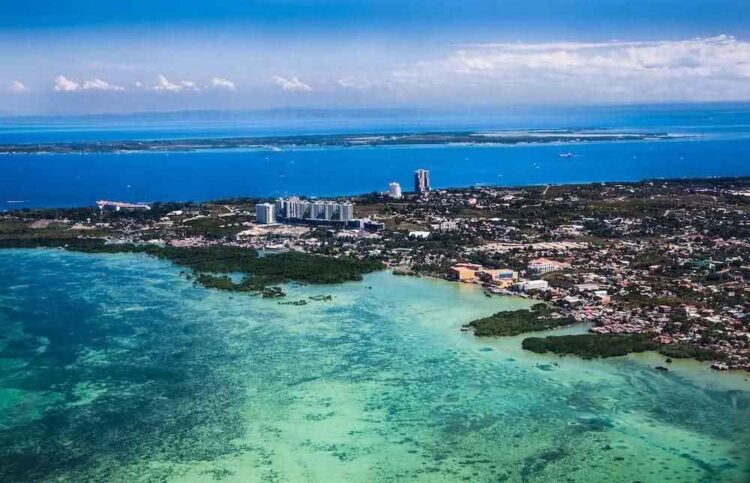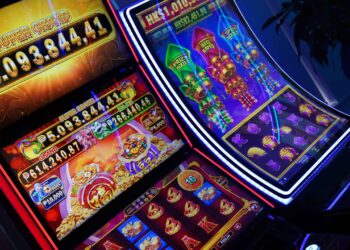The Chinese Embassy in the Philippines has denied reports that mainland China has placed the Philippines on a blacklist of tourism destinations in relation to issues around its online gaming industry, releasing a statement in which it described tourism as an “important component of practical cooperation between China and the Philippines.”
The statement was posted following comments from Senate President Migz Zubiri, widely reported by local media, who told a hearing earlier this week that, “Because of the problem of POGO, the Philippines now is blacklisted and [Chinese] tourists are discouraged [from going to] to the Philippines.”
In response, the Chinese Embassy in the Philippines issued a statement in which it confirmed that Ambassador Huang Xilian had met with senate representatives but denied the country had been blacklisted in any way. It did, however, reaffirm its opposition to the Philippines’ POGO industry.
“According to Chinese law and regulations, Chinese citizens gambling overseas, opening casinos to attract Chinese citizens as primary customers constitute gambling crimes,” the statement reads.
“Criminal liability can be pursued in accordance with the provisions of the Criminal Law of China. Chinese government and law enforcement have been taking tough measures to combat all forms of gambling.
“Most of the recent crimes targeted at Chinese citizens in the Philippines are related to POGO. The Chinese government cares about and protects the safety and legitimate interests of each and every overseas Chinese citizen.
“The Chinese Embassy has been in close communication with the Philippine law enforcement agencies and stepped up cooperation on cracking down POGO-related criminal activities against Chinese citizens in the Philippines.
“It is appreciated that relevant Philippine law enforcement agencies rescued a number of Chinese citizens and shut down some POGO companies during their operations.
“Crimes induced by and associated with POGO not only harm China’s interests and China-Philippines relations, but also hurt the interests of the Philippines. It is therefore widely believed that social costs of POGO far outweigh its economic benefits to the Philippines in the long run and POGO should be tackled from the root so as to address the social ills in a sweeping manner.
“To further elucidate on the ‘tourist blacklist’ remarks, tourism is an important component of practical cooperation between China and the Philippines which has helped further deepen long-time friendship between the two peoples.
“Before the COVID-19 pandemic close to two million Chinese nationals traveled to the Philippines in 2019, making China the second largest source of tourists. We expect more Chinese tourists to come to this country after the pandemic.”
While the Philippines is safe for now, the existence of a blacklist of overseas tourist destinations was announced by the Chinese Ministry of Culture and Tourism in 2019, which claimed at the time that such destinations were disrupting the nation’s outbound tourism market by opening casinos targeting mainland Chinese customers.

































